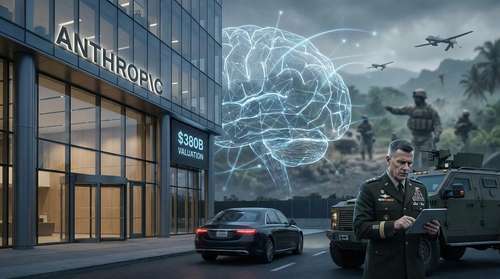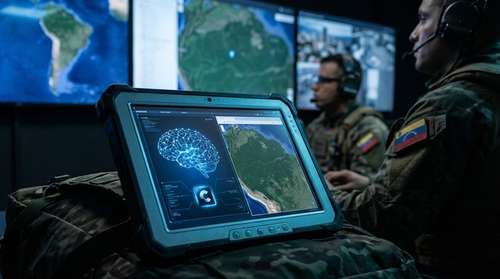AI has advanced significantly over the years. It has infiltrated almost every industry to help streamline or automate their processes. And while it cannot completely replicate every human capacity, it has rocked the boat of many professionals. Some have lost their jobs.
Some careers are safe, even with AI infiltration. These AI-proof careers are safeguarded by human intelligence and emotional depth—something AI cannot yet mimic. In this article, we explore four AI-proof career paths and what makes them impenetrable.
What Careers Can AI Not Replace?
Artificial intelligence is everywhere, but these are 4 roles that AI can't replace:
Mental Health Professionals
Mental health professionals, including therapists, psychologists, and psychiatrists, offer empathy and support to their clients. While they may use AI to diagnose mental health conditions or manage patient data, it cannot replace the therapeutic relationship they have with their patients.
Mental health professionals understand people's emotions, body language, and tone to know how to approach them. AI lacks the intuition and years of experience to replace the value of human presence and empathy in mental health treatment.
Creative Writers and Content Strategists
While AI can generate text and even mimic writing styles, it doesn't have the depth of human creativity and emotions needed for storytelling. Creative writers and content strategists connect with readers on an emotional level. They understand cultural nuances — something they picked up on a trip or an experience they had with people.
They understand their audience's needs and how to create content that aligns with a brand's value to meet those needs. Apart from that, effective content needs tens of brainstorming sessions, collaborations, and, many times, inspiration, which are all elements AI can't replicate.
Specialized Medical Practitioners
Artificial intelligence has improved the medical field, especially with robotic-assisted surgery and diagnostic imaging. However, specialized medical practitioners, like surgeons and anesthesiologists, will have their jobs.
Surgeons must make quick, life-saving decisions on the spot to save their patients' lives. Anesthesiologists must monitor closely to adjust anesthesia levels in response to subtle changes during surgery. These tasks require skills and human judgment that AI simply doesn't have.
Social Workers and Counselors
Social workers and counselors work directly with people. They support, advocate for, and guide individuals going through challenges like addiction and domestic violence. They must be emotionally intelligent, good listeners, and able to build trust with their clients, qualities that artificial intelligence cannot imitate.
Final Thoughts
While AI has improved in many fields, some careers need the human touch to survive, as long as we use our human capabilities in ways AI cannot.




